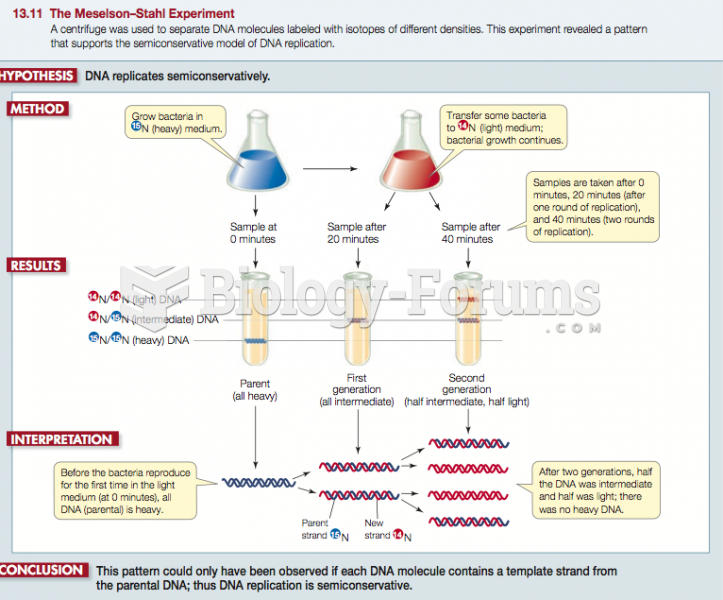Answer to Question 1
The Kansas City Patrol Experiment evaluated the ability of random patrol to reduce crime and fear of crime. Random patrol's ability to meet these two goals had been accepted on faith rather empirical research prior to this time.
To conduct the quasi-experiment, researchers divided fifteen patrol beats in the south side of the city into three types of intervention activities. In the reactive beats, all random patrol activity was suspended; patrol officers only responded to calls for service in the area and then would quickly retreat. Normal levels of patrol were maintained in the control beats, allowing patrol to function as it had prior to the intervention. Finally, proactive beats were established that had three times the level of random patrol activity.
Between 1972 and 1973, the researchers closely monitored whether displacement effects were occurring or if the pattern of crime was significantly changing in the reactive beats. No significant differences were found between the three areas in terms of either crime, fear of crime, or even attitudes toward the police. The assumption by experts that random patrol had a deterrent effect appeared to be faced with its first real challenge. Varying the levels of random patrol appeared to have no effect on crime.
In the years since the study was completed, some critics have questioned the experiment's central findings. For example, it has been argued that a visible presence was inadvertently maintained in the reactive area by specialized units not participating in the experiment, as well as a higher incidence of such activities as siren use and more than one unit responding to a call for service (Larson 1975). Some authors claim that heightened perception of presence also resulted in residual deterrence, in which people believe patrol is working in their area because they had seen the police recently, either responding to a call the previous day or in another beat of the city (Sherman 1990).
Walker
Answer to Question 2
A







